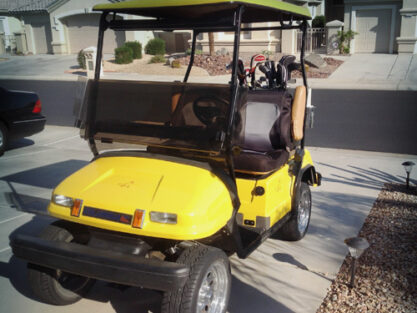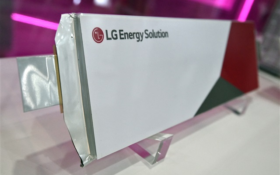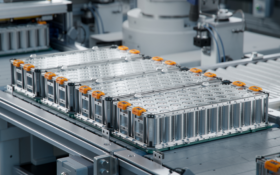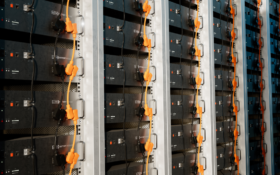A US battery systems developer has announced its lithium Ultrabattery has reached a record 114 miles per charge for golf cars.
California-based Lithium Boost system uses 200ah lithium cells and 20a chargers in its Advantage Golf Cars. And the low-speed electric vehicle (LSEV) firm hopes it will now replace lead-acid batteries.
That is a long round of golf, but that is not the only market for this technology, which aims to replace lead-acid in the application.
Which is why the announcement may disappoint lead-acid battery manufacturers, especially at a time when the industry is looking for ways to diversify.
Golf carts were seen a beacon of hope during this year’s Battery Council International conference. This is because the carts are gaining popularity at retirement villages. So much so it had helped boost the market by 6.1% in 2014, leading to the sale of 263,000 units that year.
But how is Lithium Boost Technologies hoping to trump the lead-acid battery?
“We searched for a lithium-ion battery solution that could relieve our customers from the lead-acid maintenance and leakage hassle while allowing them to gain longer drive range and significantly reduce their cart weight,” said CEO Sam Lev.
The Lithium Boost integrated lithium-ion battery system includes chargers, a smart battery management system (BMS), and an individual cell-charger system that has been designed to optimise and control charging and discharging to yield maximum stored energy and assure long life cycle.
After testing the system, mechanics took turns to drive the cart 114 miles at 17 mph, hitting their 100 mph target.












